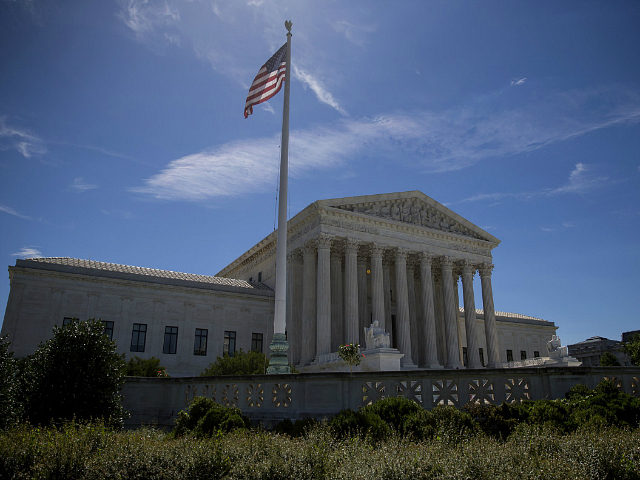(Washington, DC) The U.S. Supreme Court, on Tuesday, dismissed the final case pending before it involving President Donald Trump’s temporary travel ban policy, although the lower courts are already hearing challenges to the president’s new permanent policy.
President Trump’s Executive Order 13780 (EO) was attacked in court within hours of the president’s signing it on March 6, 2017. The two most liberal federal appeals courts in the country — the U.S. Courts of Appeals for the Fourth and Ninth Circuit — ultimately blocked the EO. The Ninth Circuit held that the EO violated federal statute, while the Fourth Circuit held that the order was consistent with all federal statutes, but violated the Constitution’s Establishment Clause.
On June 26, the Supreme Court stayed most of these inferior court decisions, allowing the bulk of the EO to go into effect. These reactivated provisions included a 90-day restriction on immigrants coming from six terror-prone nations and a 120-day restriction on refugees from certain countries being admitted into the United States. Both Supreme Court cases challenged the 90-day provision, while only the Ninth Circuit case challenged the 120-day provision.
The Supreme Court then scheduled both cases to be heard on October 10. Dozens of briefs were filed on both sides of both cases in what would have been an epic clash on the separation of powers and the meaning of the Bill of Rights.
But a couple weeks before the argument date, on September 24, the White House released a Presidential Proclamation with new permanent vetting procedures to supersede the challenged temporary provisions from the EO. That event corresponds with the expiration of the 90-day section of the EO.
The Supreme Court threw out the Fourth Circuit challenge on the morning argument was originally scheduled, declaring it moot, vacating (i.e., wiping out) the lower court decision, and ending the case.
Thirty days later, the Court declared that the challenge to the 120-day provision was now also moot, vacating the Ninth Circuit’s decision, and ordering that case dismissed.
But while these two cases are over, the fight is not. Already a federal judge has blocked the permanent policy as well, making it likely that, sometime in 2018, the nation’s highest court will still decide this controversy.
The now-dismissed case is Trump v. Hawaii, No. 16-1540 at the U.S. Supreme Court.

COMMENTS
Please let us know if you're having issues with commenting.